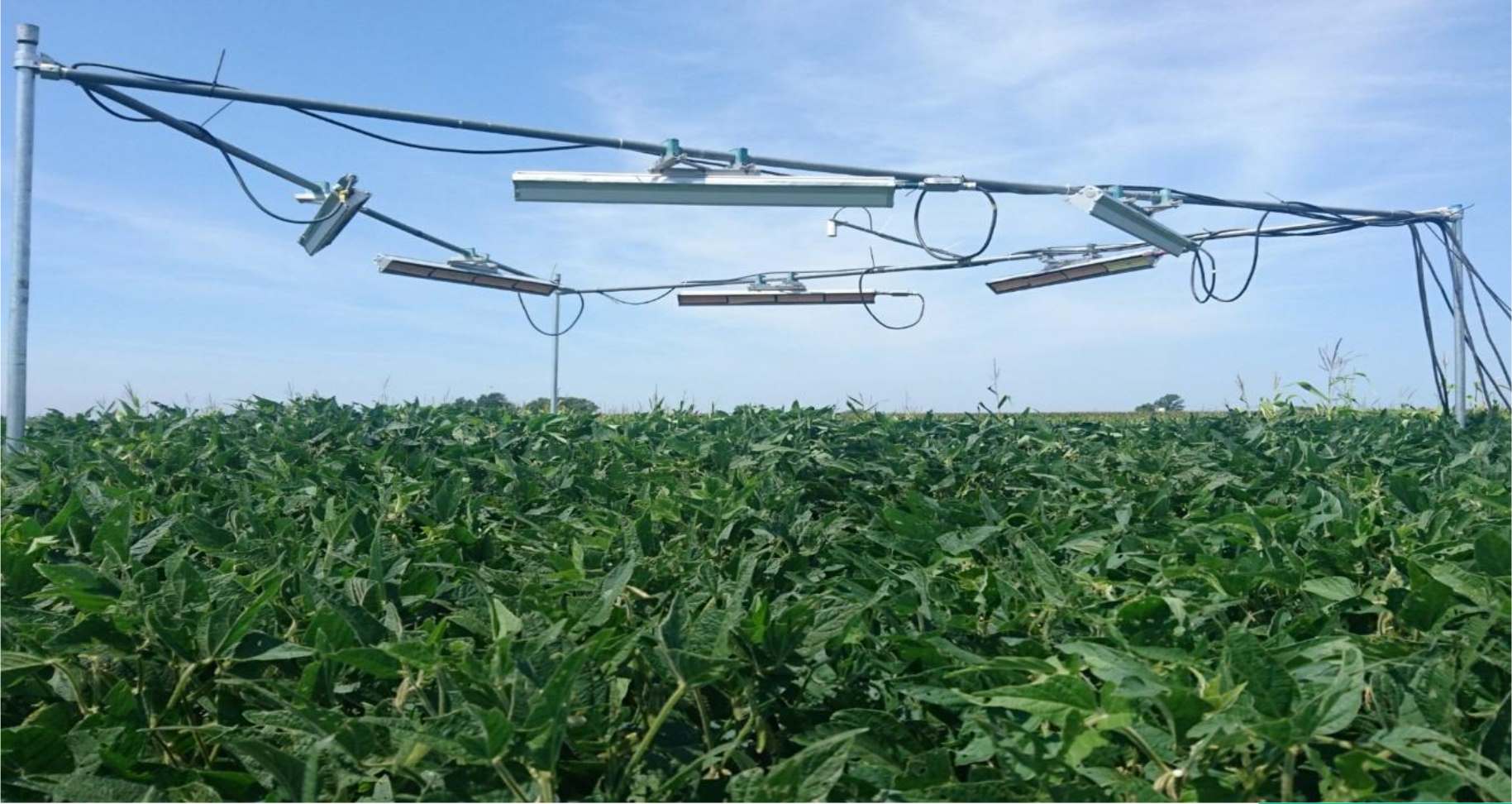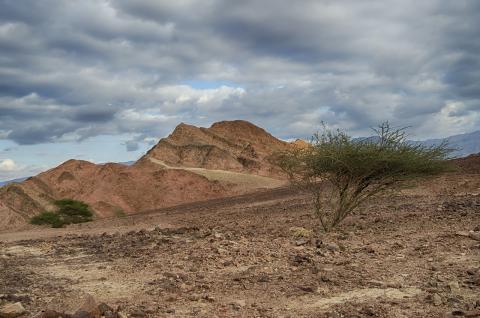Review the dangers of climate change for plants and the possibilities for adaptation
The changes caused by the climate crisis—such as its impact on rainfall and rising temperatures—are stressful for plants in both wild and agricultural environments. A special issue of the journal Science brings together five articles reviewing this issue, including the adaptations that plants can adopt and that could be applied to combat it.

Víctor Resco - adaptación plantas EN
Víctor Resco de Dios
Lecturer of Forestry Engineering and Global Change, University of Lleida
One of the arguments often put forward by climate change deniers is that climate change will increase agricultural production. This is because, as CO2 is the “food” for plants (the substrate for photosynthesis), increases in atmospheric CO2 concentrations should lead to increases in production. However, studies conducted in experiments where CO2 is continuously “sprayed” (FACE experiments) rarely find benefits for long-term growth, especially when the increase in CO2 is accompanied by warming or other environmental stresses.
In fact, increases in temperature and heat waves, especially on key days for flowering or fruiting, can damage crops and decimate production. These articles remind us how rapidly science and technology are advancing to meet this challenge. The articles review some of the main advances in different genetic modification techniques, such as transgenic crops and genetic editing tools. They also highlight the role of genetic improvement, i.e. the genetic selection that has been carried out continuously since Mesopotamia.
Scientific advances in this field contrast with the immobility shown by legislators in Europe. Some campaigns have generated unjustified fear of genetic engineering among the population, resulting in the legislative paralysis we are currently experiencing. As Bernacchi points out in his article, improving social acceptance of these techniques is essential for the adoption of new techniques and, ultimately, for adaptation to climate change.
However, as Yeaman reminds us, genetic modification is not a panacea and has significant limitations. It is a necessary and very powerful tool, but probably insufficient on its own. Apart from genetic modification and improvement, adaptation to climate change will also involve changing crops in many areas and other changes in agricultural techniques.
Yeaman
- Research article
- Peer reviewed
Bernacchi et al.
- Research article
- Peer reviewed



